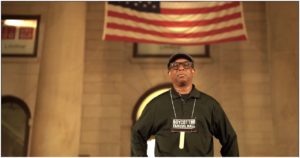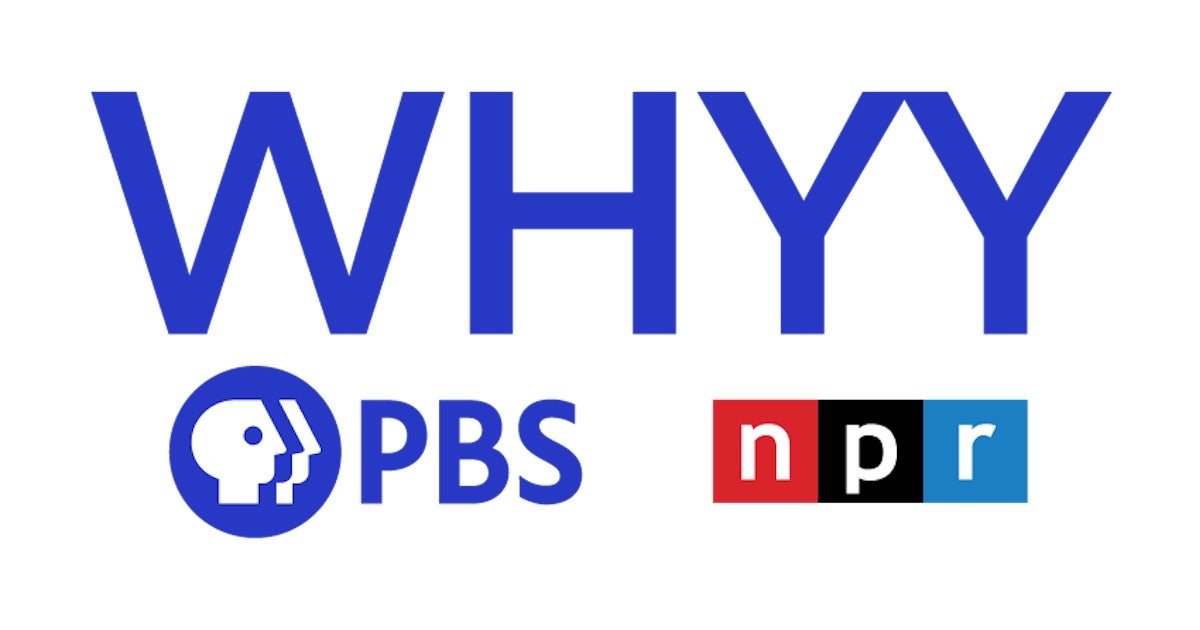In a landmark election that reshaped the political landscape of America’s largest city, Democratic socialist Zohran Mamdani has been elected as New York City’s 111th mayor, defeating former Governor Andrew Cuomo and Republican Curtis Sliwa. For many Haitian Americans, the victory feels deeply personal , a reflection of their collective power, civic engagement, and unwavering support for a leader who has long championed immigrant rights, affordable housing, and equitable public safety.
Mamdani, a 34-year-old Queens Assemblymember born to Ugandan-Indian immigrant parents, captured voters’ imagination as a fresh, progressive voice in a crowded race. His decisive win expanded on his earlier primary success, drawing support from across the city’s diverse communities, particularly Black and Hispanic neighborhoods. As the first Muslim and South Asian mayor in New York City’s history, Mamdani’s election symbolizes a growing wave of inclusive, coalition-driven politics.
The Haitian American community played an instrumental role in his rise, rallying behind Mamdani’s vision of justice and opportunity for all. His outspoken advocacy for Temporary Protected Status (TPS) recipients, affordable housing protections in immigrant-heavy neighborhoods, and police reform resonated strongly among Haitian New Yorkers. He also pledged to expand multilingual city services, increase support for small businesses owned by immigrants, and address the economic challenges faced by families still recovering from Haiti’s political and humanitarian crises.
One moment that captured Mamdani’s connection to the community came on June 28, when he took the stage at the BAYO concert alongside Haitian DJ and producer Michaël Brun at Brooklyn’s Barclays Center. Addressing thousands of cheering Haitian New Yorkers, Mamdani invoked the spirit of the Haitian Revolution. “We’re going to stand up for Haiti,” he declared. “Because you taught the world about freedom — it’s time for us to return the favor.”
His campaign was also buoyed by record youth voter turnout, particularly among 18- to 34-year-olds. Energized by grassroots organizers, viral social media campaigns, and Mamdani’s focus on student debt relief and climate justice, young voters helped deliver one of the most transformative electoral outcomes in New York’s modern history.
As Mayor Mamdani prepares to take office, many in the Haitian community see his win as more than political, it’s a shared victory for representation, unity, and progress.







